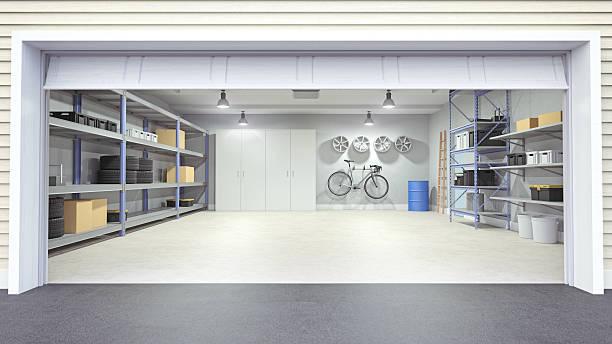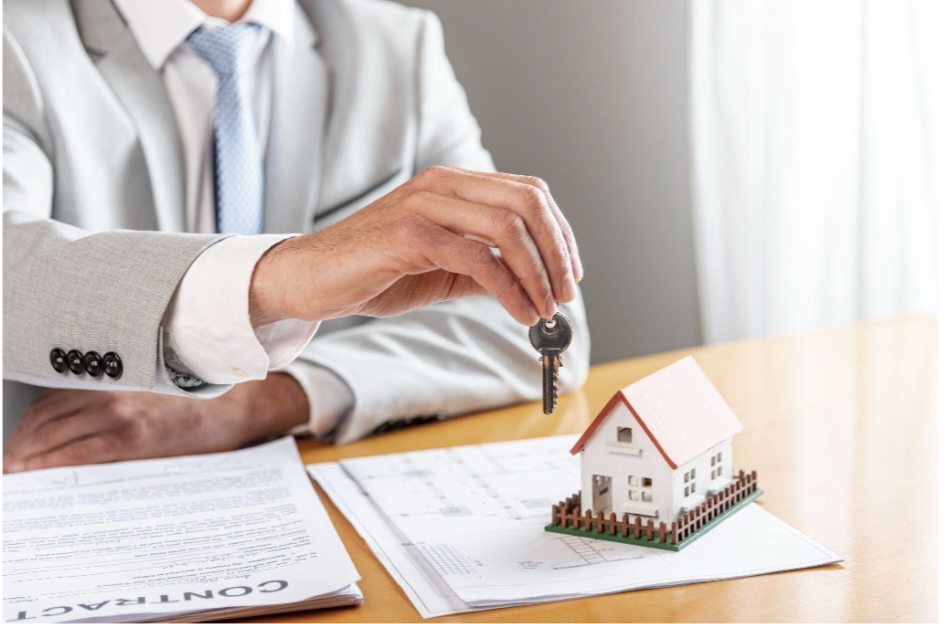When a garage door malfunctions, it’s not just an inconvenience; it can also be a costly repair. Understanding the factors that influence the cost of garage door service can help you make informed decisions and avoid unexpected expenses, notes State Property Management company.
Garage door repair costs can vary widely depending on several key factors. Here’s a detailed look at ten factors that impact the price of garage door repairs and how each can affect your final bill.
1. Type Of Repair Required
The nature of the repair is one of the most significant factors affecting cost. Simple repairs, such as lubricating moving parts or tightening loose hardware, are generally less expensive.
In contrast, more complex issues like replacing broken springs, fixing alignment problems, or addressing electrical issues can be considerably more costly.
The complexity of the repair determines the labor and parts involved, which in turn affects the overall price.
2. Type Of Garage Door
Your garage door type—whether a sectional, roll-up, or tilt-up door—can influence repair costs.
Sectional doors, made up of several panels, may require more intricate repairs than simpler roll-up doors.
Additionally, doors made from materials like wood or fiberglass may be more expensive to repair than steel or aluminum doors due to the cost of materials and the level of expertise required.
3. Parts And Materials Needed
The cost of parts and materials significantly affects the overall repair expense. Common parts that need replacement include springs, rollers, cables, and panels. High-quality or specialty parts, such as custom-made panels or heavy-duty springs, can increase costs.
Additionally, if the repair requires special materials or tools, this can add to the expense. Professionals typically use parts that meet industry standards, which may come at a premium compared to off-brand or generic parts.
4. Labor Costs
Labor costs can vary depending on the complexity of the repair and the rates charged by the repair service.
Generally, professional garage door technicians charge an hourly rate, which can differ based on location, expertise, and the time of day.
If you need after-hours repairs or emergency garage door repair, it may come with additional fees. Getting a detailed estimate that includes labor costs is important to avoid surprises.
5. Geographic Location
Your geographic location can influence the cost of garage door repairs. In urban areas with a higher cost of living, repair services might be more expensive compared to rural areas.
Additionally, service availability and demand in your region can affect pricing. For instance, if you live in an area with scarce garage door repair services, you might encounter higher prices due to limited competition.
6. Extent Of Damage
The extent of damage to your garage door can significantly impact repair costs. Minor issues like a small dent or a loose screw will generally cost less to fix than major problems such as a completely off-track door or a broken spring.
The repair cost will increase accordingly if the damage has caused secondary problems, such as misalignment or structural issues.
A thorough inspection by a professional can help determine the full extent of the damage and provide an accurate estimate.
7. Age Of The Garage Door
The age of your garage door can also affect repair costs. Older doors may require more frequent repairs and less readily compatible with new parts or technologies.
In some cases, it may be more economical to replace an old door rather than repeatedly repair it.
8. Type Of Garage Door Opener
Garage door openers come in various types, including chain drive, belt drive, and screw drive, each with different repair complexities.
Chain drive openers, for example, might be less expensive to repair than belt drive openers, which tend to be quieter and more sophisticated.
If the opener itself is malfunctioning or requires replacement, its type and brand can impact the repair or replacement cost.
9. Accessibility And Installation Challenges
The ease of access to your garage door and the complexity of the installation can influence repair costs.
If the garage door is in a hard-to-reach location or if there are additional challenges, such as low ceiling height or limited space, repairs may take longer and require more specialized equipment.
This can lead to higher labor costs. Additionally, if the repair requires moving other equipment or clearing obstacles, this can add to the overall expense.
10. Additional Services
Sometimes, repair needs can reveal underlying issues that require additional services.
For example, if a technician finds that the door’s weather seals are damaged or that the track alignment is off, these issues may need to be addressed alongside the primary repair.
While these additional services are necessary for properly functioning your garage door, they can increase the total cost.
Comprehensive repairs that include preventive maintenance or upgrades can be more expensive but may help avoid future issues and extend the lifespan of your garage door.
Conclusion
Understanding the factors that impact the cost of garage door repairs can help you make informed decisions and manage your repair expenses effectively.
From the type of repair needed and the materials used to labor costs and geographic location, several elements play a role in determining the final price.
By considering these factors and working with a reputable professional, you can ensure your garage door is repaired efficiently and cost-effectively.
Investing in timely repairs and regular maintenance can also help prevent more costly issues, keeping your garage door functioning smoothly and reliably.





